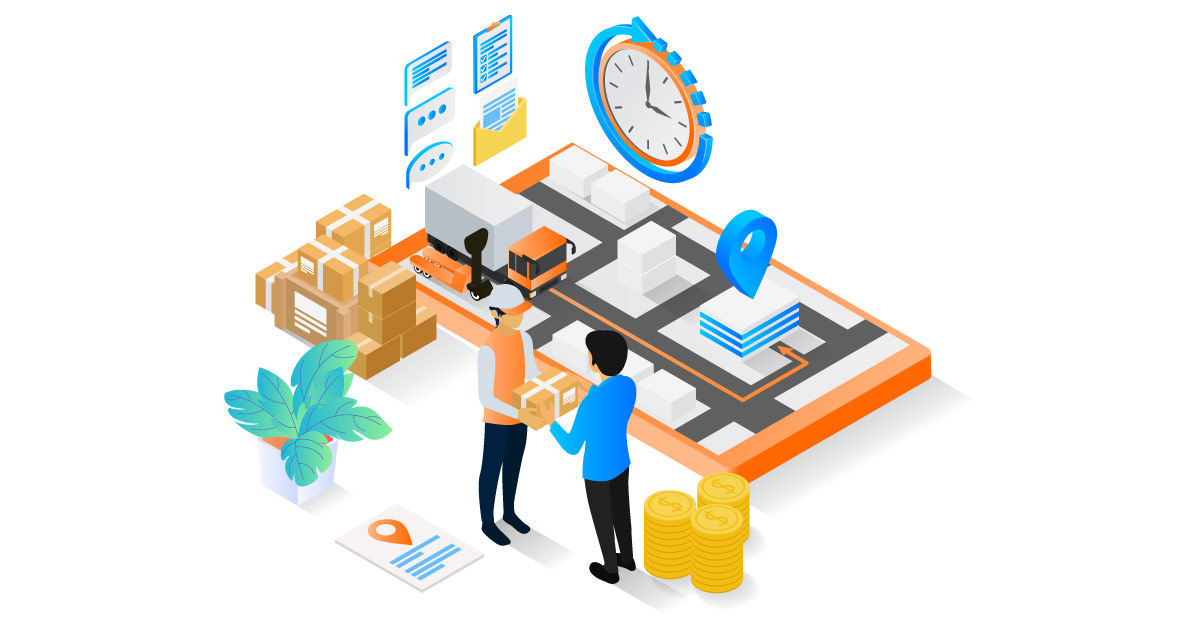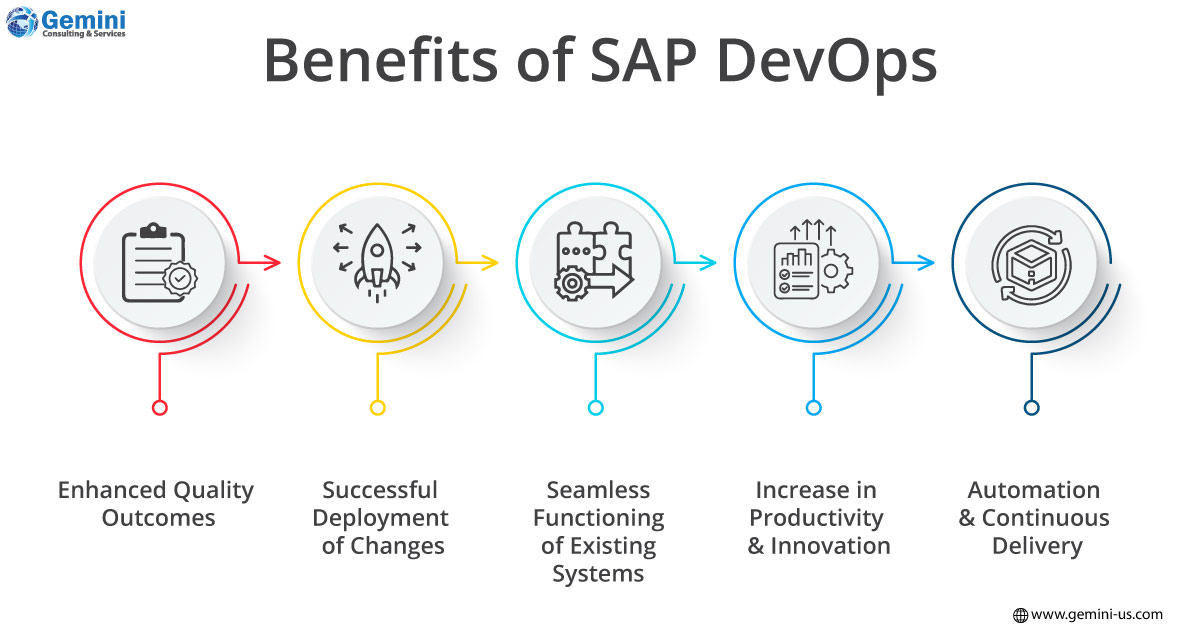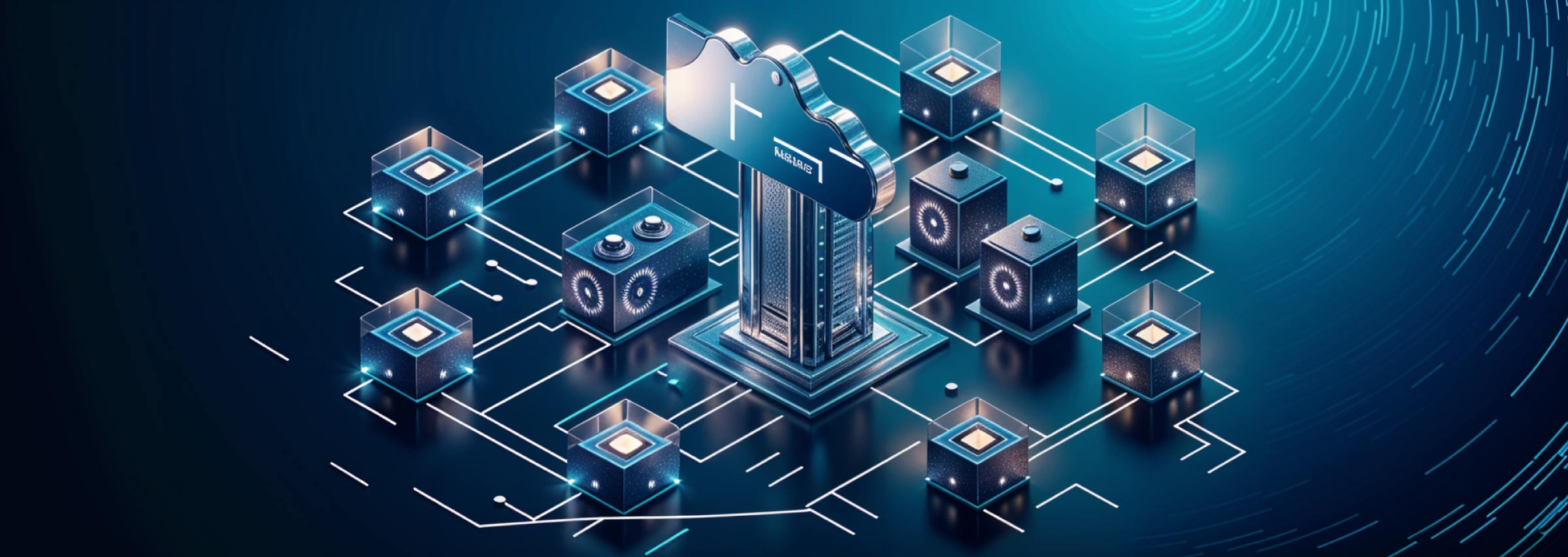In an era of digital transformation, traditional software application lifecycle management approaches are proving to be slow and cumbersome. Consequently, organizations are compelled to adopt innovative methodologies for application development. Continuous delivery, a core aspect of DevOps, facilitates the rapid delivery of new features, reducing costs and risks while improving efficiency. Market data indicates a growing trend towards continuous delivery adoption, with a significant portion of organizations already implementing it.
DevOps, as a philosophy, encourages breaking down organizational barriers and establishing a Continuous Delivery Pipeline (CDP) to deliver market-leading solutions swiftly. This approach prioritizes agility, collaboration, and automation, making it integral to the DevOps ethos. By fostering a culture of collaboration and integrating technical and strategic aspects, DevOps ensures continuous integration, deployment, delivery, and improvement.
According to Mordor Intelligence, the market for continuous delivery has registered a CAGR of 19.75% during 2021 – 2026. According to Perforce, 65% of managers, software developers, and executives report that their organizations have started the use of continuous delivery.

In the context of the SAP environment, traditional development processes often suffer from lengthy timelines and slow adaptation to new business requirements. The agile approach inherent in DevOps accelerates adjustments, shortens release cycles, and elevates the quality of SAP operations. However, integration challenges arise in SAP on-premises ERP Core Component (ECC) environments, demanding further development efforts for seamless CI/CD pipeline integration with ABAP Test Cockpit.
By adopting SAP DevOps in an integrated environment, businesses can transform rapidly, gaining a competitive edge in a high-speed, secure, and agile landscape. During migration to SAP S/4 HANA or the cloud, smart DevOps practices enable efficient application development while mitigating risks.
SAP provides supporting tools for DevOps practices, such as SAP Focus Solutions and the Readiness Solutions dashboard, facilitating collaboration and visual cues for developers. Control automation tools like SAP Solutions Manager enhance the SAP change process, streamlining tasks like audits, governance, workflows, and approvals. DevOps for SAP has unique architectural requirements, necessitating specialized technical automation tools to manage and integrate continuous delivery effectively.
Gemini Consulting & Services can help businesses harness the power of SAP DevOps by leveraging their existing enterprise DevOps tools, methodologies, and practices. This holds true even for organizations with large, heavily customized SAP ECC ERP solutions deployed on-premises. To discover how SAP DevOps can further benefit your business, please feel free to contact us for more information.

Enhanced Quality Outcomes: A robust development process, coupled with well-defined business objectives, not only reduces costs but also effectively addresses downtime issues. This approach allows for comprehensive testing of codes, automated units, quality standards, performance benchmarks, and security updates within the application. Moreover, it fosters a deeper project engagement, leading to a better understanding of customer needs. Integrating SAP with other IT systems further elevates the quality of assessments and operations.
Successful Deployment of Changes: Continuous integration plays a pivotal role in the seamless deployment of changes to downstream systems, mitigating risks effectively. By prioritizing shorter development cycles and implementing precise controls and automation tools, businesses can avoid common SAP delivery complications through careful sequencing, managing dependencies, and consistent monitoring of changes. This approach instills a higher level of agility, allowing changes to be automatically deployed without the need for a full release cycle.
Seamless Functioning of Existing Systems: Rigorous testing ensures that changes are automatically validated using a regression testing process. With strict control over continuous deployment, it becomes possible to implement safe and automatic changes without disrupting business operations and minimizing any associated downtime.
Increase in Productivity and Innovation: DevOps introduces a transformative shift in resource roles, tooling, and processes. The work culture becomes more dynamic, characterized by the emergence of multi-skilled, cross-functional teams. This dynamic environment promotes digital innovation, enabling faster business processes with improved quality and resilience. Developers can seamlessly introduce new features to applications and update existing ones, delivering added value to customers.
Automation and Continuous Delivery: The integration of SAP with DevOps automates critical business functions, reducing the likelihood of errors and minimizing risks. This approach allows systems to evolve in alignment with customer expectations and industry standards. The Data Sync Manager (DSM) within the SAP landscape facilitates the adoption of DevOps, Agile, or Continuous Delivery methodologies. DSM is a suite of products designed to rapidly generate high-quality test data as needed, selecting specific data from any SAP source system and transferring it to the designated target. It supports various data selection criteria, including specific objects and time slices. DevOps for SAP relies on SAP-specific automation, seamlessly connecting with the broader CI/CD tech stack. It streamlines automated cross-application software delivery pipelines, integrating non-SAP tools such as GitLab and Azure DevOps.



